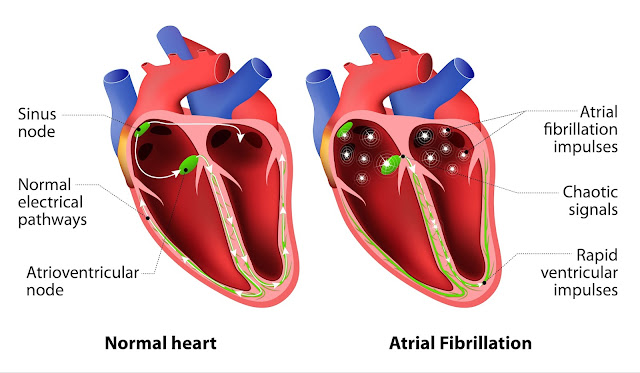A new mommy is worried when she finds her kid
spitting out every time after feeding. This spitting though is common in
infants but the increased frequency or the continuous spitting could be an
alarming symptom. It may be due to the disease condition called as Acid reflux.
Acid reflux is a condition
where in the food taken is brought up back in to the oesophagus or in
the mouth from the
stomach. When it continues for several times a day and for
more than six months then it is
called as Gastric Oesophageal Reflux Disorder (GERD).
Acid reflux can
affect any age group from infants to the adults. About 30% of new born babies
are suffering from this disorder with in the first few months after birth.
Causes
of Acid reflux
The causes
of reflux are the improper closure of the oesophageal sphincter which is
present at the junction between the lower end of oesophagus and upper part of
the stomach. It may also be due to immature development of the digestive system at
the time of birth.A
history of positive GERD in the infant’s family can also be a probable cause
for the disease in infant.
Infants feeding on artificial foods, may also
develop acid reflux due to allergies to few substances in the artificial foods.
Symptoms
of Acid reflux
As infants are too little and they cannot express
themselves or describe their pain it is the duty of the parents or the guardian
to check out for the following set of acid reflux symptoms. Although the
symptoms are not universal for all the infants, the group of one or two
symptoms are sufficient for a pediatric history.
Acid reflux
symptoms are prolonged crying without cause, repeated
vomiting, gagging or choking during the breast feed, difficulty in the
swallowing of the food or milk, cough or wheezing, refusing the food, crying
for food, no gain in the weight, bad breath especially in the early morning and
constant burping.
How to prevent Acid reflux?
Soon after the birth of the baby, the pediatrician
advises the mother that after each breast feed the baby has to be to held
against the chest on one side and give a light pat on baby back for the burp.
This is to prevent acid reflux. Even then if the child starts with spitting out
then do not over feed, feed the baby at frequent intervals i.e. at every 2
hours once but in small amounts, lean the baby against chest for some time
until the child burps.
In cases of formula fed babies, a change in the
brand or flavor can also help to prevent the vomiting in infants.
When to visit your doctor?
It’s time to take your little one to a child specialist,
when all the above prevention methods go in vain. When the child continues to
refuse the feeding, or if there is continued vomiting for days or if there is
uncontrolled crying with no cause then do not delay to consult pediatrician. If
neglected, it may soon result in physical growth injury to the baby.
Examination
When the child is taken to a pediatrician, he
confirms the condition by the history taken from the mother, growth chart and
the diet history. This is also confirmed by a Barium swallow or by upper GI
endoscopy in older kids.
Treatment
As the acid reflux is self-limiting to the age of
one, it does not require any specific treatment. But in severe cases they
require acid reflux medications, which includes H2 receptors like
Ranitidine, Proton prompt inhibitors (PPI’s) such as Omeprazole and antacids
like Maalox.
An increased dose of antacids can result in diarrhea
and the long term use may have the increased risks of rickets in growing
children. As there is no much safety evidence of PPI’s to infants, discuss with
the pediatrician with the proper dosage and right administration.
If the symptoms continue for a period longer than
one or two years then Nissen Fundoplication is done where the junction of
sphincter is wrapped together for strengthening and preventing back the food
contents in to the esophagus from the stomach.
For medical treatment in India, Visit: HealthOpinion








